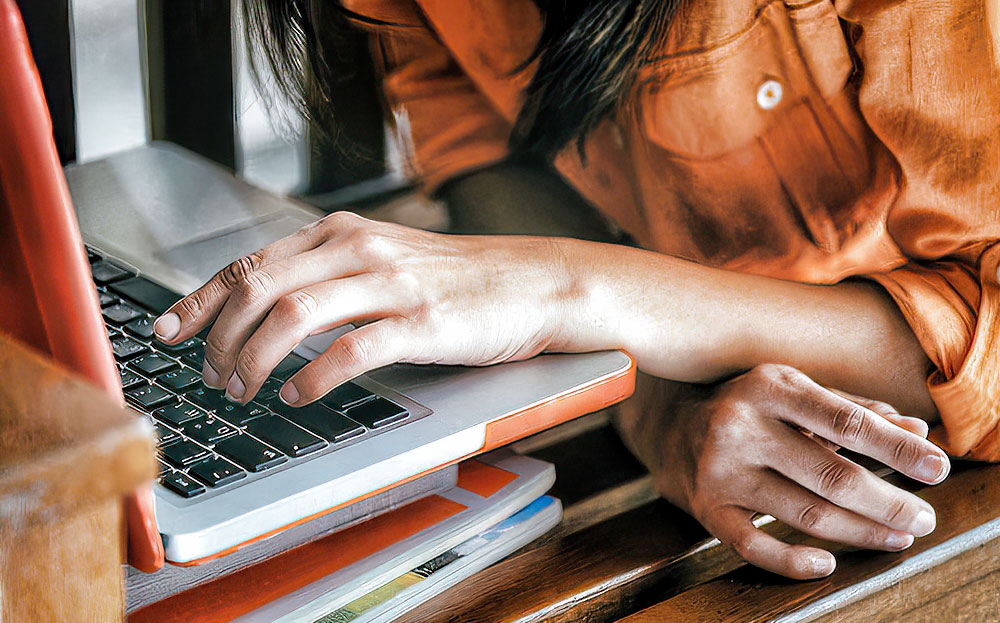When it comes to creating a greener, cleaner, and healthier earth, recycling plays a large role. Recycling helps lower greenhouse gas emissions and water pollutants while improving air quality and saving energy by preserving natural resources. So, how does recycling impact our quality of life, and what can you do to contribute?
What is Recycling?
Recycling is the process of converting waste or used materials into new materials and objects. It can be seen in various ways, from recycling cans and bottles to be made into new ones to shopping second-hand and reducing energy without using additional resources in the manufacturing process.
Top Benefits of Recycling
The more we recycle, the fewer winds up in our landfills, streets, parks, oceans, rivers, and beaches. In addition, by reusing manufactured materials such as aluminum, paper, glass, and plastics, you can cut down on production and energy costs and reduce the negative impacts on the environment. Benefits of recycling include:
Conserves Natural Resources – The world’s natural resources are finite and in short supply. Recycling reduces greenhouse gas (GHG) emissions by reducing the demand for raw materials. Recycling can help preserve various natural resources, such as recycling paper and wood to cut back on deforestation, recycling plastic to avoid creating new plastic, recycling metal to cut back on mining and metal extraction, and recycling glass to preserve raw materials such as sand.
Protects the Ecosystem – Recycling reduces the need to grow, harvest, or extract new raw materials, decreasing harm to the ecosystem. With fewer forests cut down, rivers diverted, wild animals harmed or displaced, and less water, soil, and air pollution, we can begin to see a cleaner world for all.
Saves Energy – Products made from recycled material use up to 30% less energy. This is because recycled materials have already been refined and processed once, so manufacturing takes much less energy the second time. For example, when you recycle one aluminum can, you save enough energy to run a laptop for 5.2 hours and power a 60-watt CFL-light blub for 60 hours. Recycling ten plastic bottles save enough energy to run a laptop for 25.4 hours.
How You Can Help
Recycle Right – Not all products are created equal. So, by knowing which ones are recyclable, you’ll eliminate the chance of contaminating loads of otherwise recyclable materials with non-recyclables. Remember to keep the caps on when recycling our 100% recyclable beverage bottles so they can become a new bottle and not end up in oceans, rivers, or landfills.
Raise Awareness – Remind your friends, family, and colleagues to recycle and serve as a resource to provide education on what items should be deposited in recycling bins in your community. Make sure you have clearly labeled recycling bins in your home and workplace. Click HERE to download a full recycling checklist.
Clean Up – One of the most significant pollutants is waste that has been left behind, winding up in our nearby parks, beaches, and waterways. Participate in a neighborhood clean-up and help keep Florida clean, green, and beautiful.
What FBA is Doing to Help
The Florida Beverage Association (FBA) is dedicated to keeping Florida a beautiful place to live, work, and play. That’s why Florida’s beverage companies are working together to find new and better ways to conserve our natural resources, including using 100% recyclable bottles, implementing recycling programs across the country, conserving water, and saving energy. In addition, FBA is currently a board member of both Keep Florida Beautiful and the Florida Recycling Partnership Foundation to support environmental sustainability and inspire change for a cleaner world.

